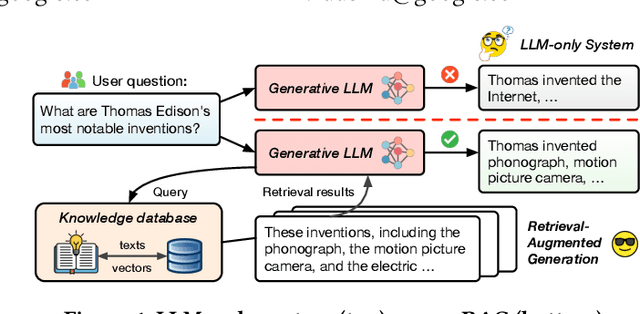Vidushi Dadu
Concorde: Fast and Accurate CPU Performance Modeling with Compositional Analytical-ML Fusion
Mar 29, 2025Abstract:Cycle-level simulators such as gem5 are widely used in microarchitecture design, but they are prohibitively slow for large-scale design space explorations. We present Concorde, a new methodology for learning fast and accurate performance models of microarchitectures. Unlike existing simulators and learning approaches that emulate each instruction, Concorde predicts the behavior of a program based on compact performance distributions that capture the impact of different microarchitectural components. It derives these performance distributions using simple analytical models that estimate bounds on performance induced by each microarchitectural component, providing a simple yet rich representation of a program's performance characteristics across a large space of microarchitectural parameters. Experiments show that Concorde is more than five orders of magnitude faster than a reference cycle-level simulator, with about 2% average Cycles-Per-Instruction (CPI) prediction error across a range of SPEC, open-source, and proprietary benchmarks. This enables rapid design-space exploration and performance sensitivity analyses that are currently infeasible, e.g., in about an hour, we conducted a first-of-its-kind fine-grained performance attribution to different microarchitectural components across a diverse set of programs, requiring nearly 150 million CPI evaluations.
RAGO: Systematic Performance Optimization for Retrieval-Augmented Generation Serving
Mar 21, 2025



Abstract:Retrieval-augmented generation (RAG), which combines large language models (LLMs) with retrievals from external knowledge databases, is emerging as a popular approach for reliable LLM serving. However, efficient RAG serving remains an open challenge due to the rapid emergence of many RAG variants and the substantial differences in workload characteristics across them. In this paper, we make three fundamental contributions to advancing RAG serving. First, we introduce RAGSchema, a structured abstraction that captures the wide range of RAG algorithms, serving as a foundation for performance optimization. Second, we analyze several representative RAG workloads with distinct RAGSchema, revealing significant performance variability across these workloads. Third, to address this variability and meet diverse performance requirements, we propose RAGO (Retrieval-Augmented Generation Optimizer), a system optimization framework for efficient RAG serving. Our evaluation shows that RAGO achieves up to a 2x increase in QPS per chip and a 55% reduction in time-to-first-token latency compared to RAG systems built on LLM-system extensions.
 Add to Chrome
Add to Chrome Add to Firefox
Add to Firefox Add to Edge
Add to Edge